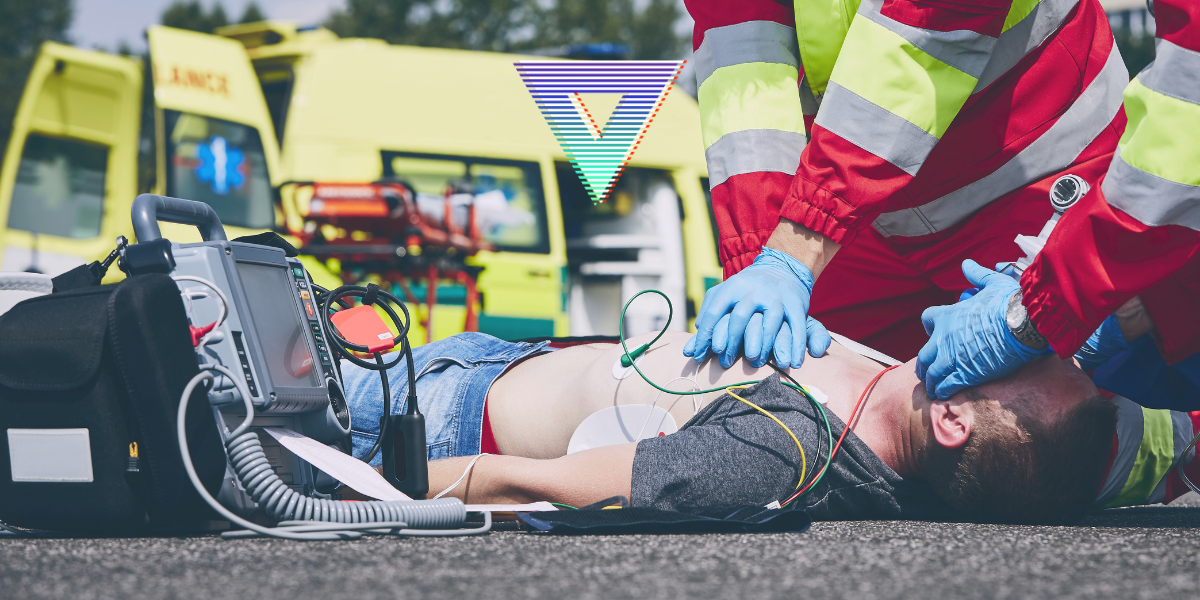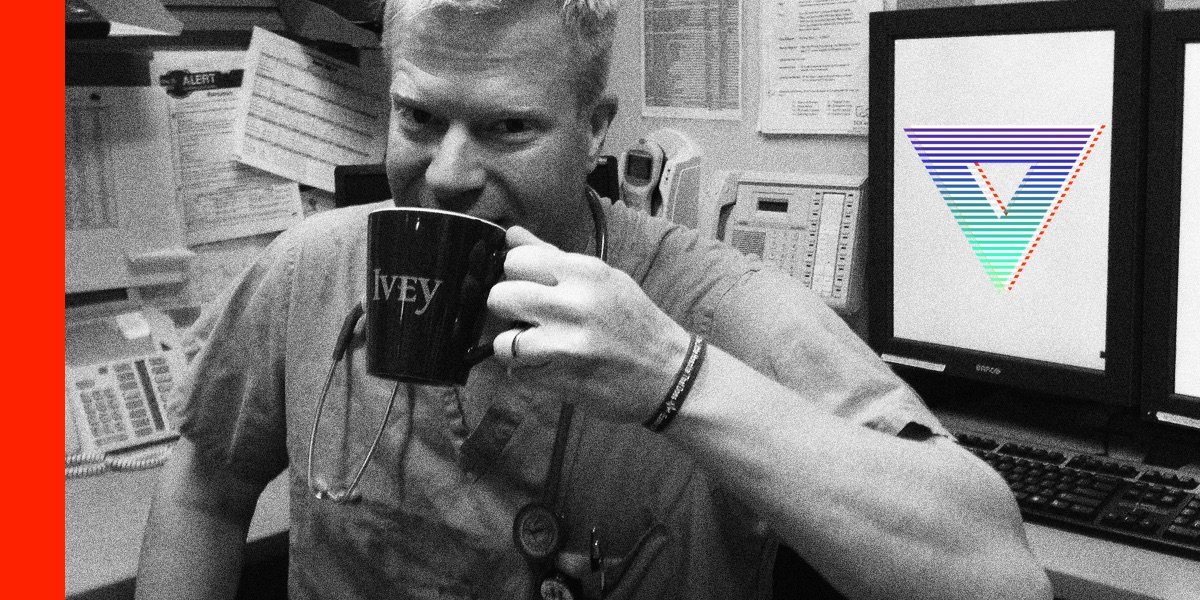Resuscitation fluids save lives in humans with life-threatening hypovolaemia.
The fluid of choice should have biochemical characteristics close to the type of fluid lost and replaced at a rate and volume sufficient to correct severe fluid deficit.
Then stop and consider the early use of catecholamines.
There are few indications to give critically ill patients resuscitation fluids after 24 hours of admission.
There is no place for synthetic colloids of non-physiological crystalloids.
The effects of unnecessary fluids last well beyond the initial resuscitation period and are associated with adverse effects and harm to the patient.
Fluids are toxic drugs and must be used with great care.
Todd Rice, MD
I am an Associate Professor of Medicine in the Division of Allergy, Pulmonary, and Critical Care Medicine at Vanderbilt University Medical Center.I provide clinical care for critically ill patients in the medical ICU and conduct clinical research in critically ill patients.I am also a co-chair of the Learning Healthcare System at Vanderbilt where we “Learn What We Do and Do What We Learn.”Professionally, I am proud of the evidence I have generated to improve the care of critically ill patients and the mentorship I have provided to other physician scientists.I love ice hockey (watching, not playing) and am completely into enjoying life with my two sons.
Paul Young
Paul Young is a member of the Australian and New Zealand Intensive Care Society Clinical Trials Group (ANZICS CTG). His primary interest is in the design and conduct of large-scale multicentre clinical trials in the field of Intensive Care Medicine.He is the co-clinical leader and director of research at Wellington ICU, the clinical director at Wakefield Hospital ICU, and the ICU programme director at the Medical Research Institute of New Zealand.
John Myburgh
John Myburgh is a lifelong intensive care clinician. Dedicated to creating and sharing new knowledge to improve the health of critically ill people, the well-being of their families and their community. Committed to integrity, transparency and diversity in medicine, research and all aspects of living. Make a difference and leave a footprint.





